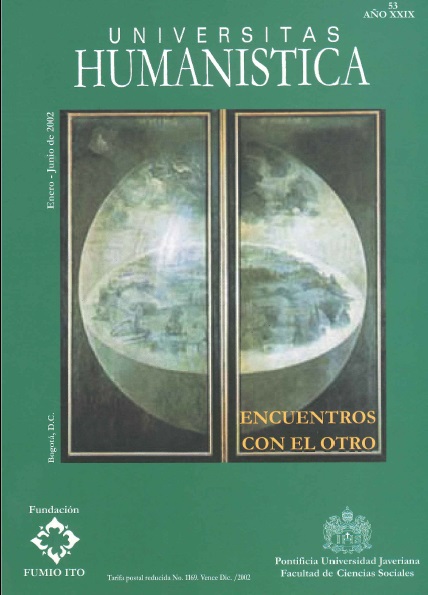Abstract
Voyerismo y seducción articulan ei trabajo de escritura del díptico que forman las novelas de Mario Vargas Llosa Elogio de la madrastra y Los cuadernos de don Rigoberto. Novelas que recogen la tradición del erotismo francés, muy tempranamente conocido por el escritor. La pinacoteca del erotismo abre la significación en la primera de las novelas para centrarse en la obra del pintor francés Boucher como hipotexto de Elogio de la madrastra.
Las metamorfosis de Acteón del Baño de Diana de Ovidio vueltas a tomar en significaciones espejenantes que se insertan en amplios marcos culturales son el hipotexto de la novela que el autor peruano escribe diez años después, Los cuadernos de don Rigoberto; donde el personaje que representa a Acteón en la primera de las novelas se transforma en el pintor austríaco Egon Schiele.
El mito creado por Ovidio, en el cual Acteón no puede salir de sí al no tener el don de la palabra es deconstruido por Kloissowski y la dualidad seducción y deseo se transforman en atracción y repulsión. De esta manera las novelas logran refabulizar el mundo a través del arte.

This journal provides immediate open access to its content on the principle that making research freely available to the public, encourages greater global exchange of knowledge.
The journal Universitas Humanística is registered under a Creative Commons Attribution 4.0 International Public License. Thus, this work may be reproduced, distributed, and publicly shared in digital format, as long as the names of the authors and Pontificia Universidad Javeriana are acknowledged. Others are allowed to quote, adapt, transform, auto-archive, republish, and create based on this material, for any purpose (even commercial ones), provided the authorship is duly acknowledged, a link to the original work is provided, and it is specified if changes have been made. Pontificia Universidad Javeriana does not hold the rights of published works and the authors are solely responsible for the contents of their works; they keep the moral, intellectual, privacy, and publicity rights.
Approving the intervention of the work (review, copy-editing, translation, layout) and the following outreach, are granted through an use license and not through an assignment of rights. This means the journal and Pontificia Universidad Javeriana cannot be held responsible for any ethical malpractice by the authors. As a consequence of the protection granted by the use license, the journal is not required to publish recantations or modify information already published, unless the errata stems from the editorial management process. Publishing contents in this journal does not generate royalties for contributors.


